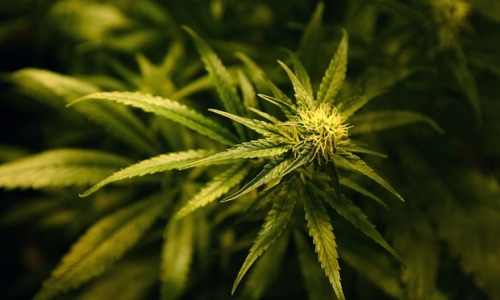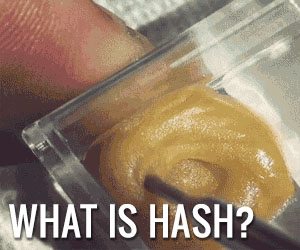Cannabis users gather at London ‘420 picnic’
(Guardian) More than 1,000 cannabis users have gathered in Hyde Park to smoke weed and eat dope-infused picnics in a mass act of civil disobedience in protest at criminalisation of the drug.
The 420 picnic, held each year on or around 20 April, defied expectations by attracting relatively large numbers by the early afternoon, hours before its climax at 4.20pm.
Self-confined to a corner of grass bordered by public paths, picnickers – most of them young – were watched by police liaison officers, while regular officers with sniffer dogs congregated near the Marble Arch entrance to the park stopping some would-be protesters on their way in.
Stuart Harper, of Norml UK, the British branch of the National Organisation for the Reform of Marijuana Laws, who had been involved in negotiations with police, said: “Obviously police officers have what’s called judicial discretion, which means when they carry out their duties they have a certain amount of discretion.
“Because of the number of people infracting the law and the nature of the infractions being minor, it’s not in the public interest for them to prosecute.”










